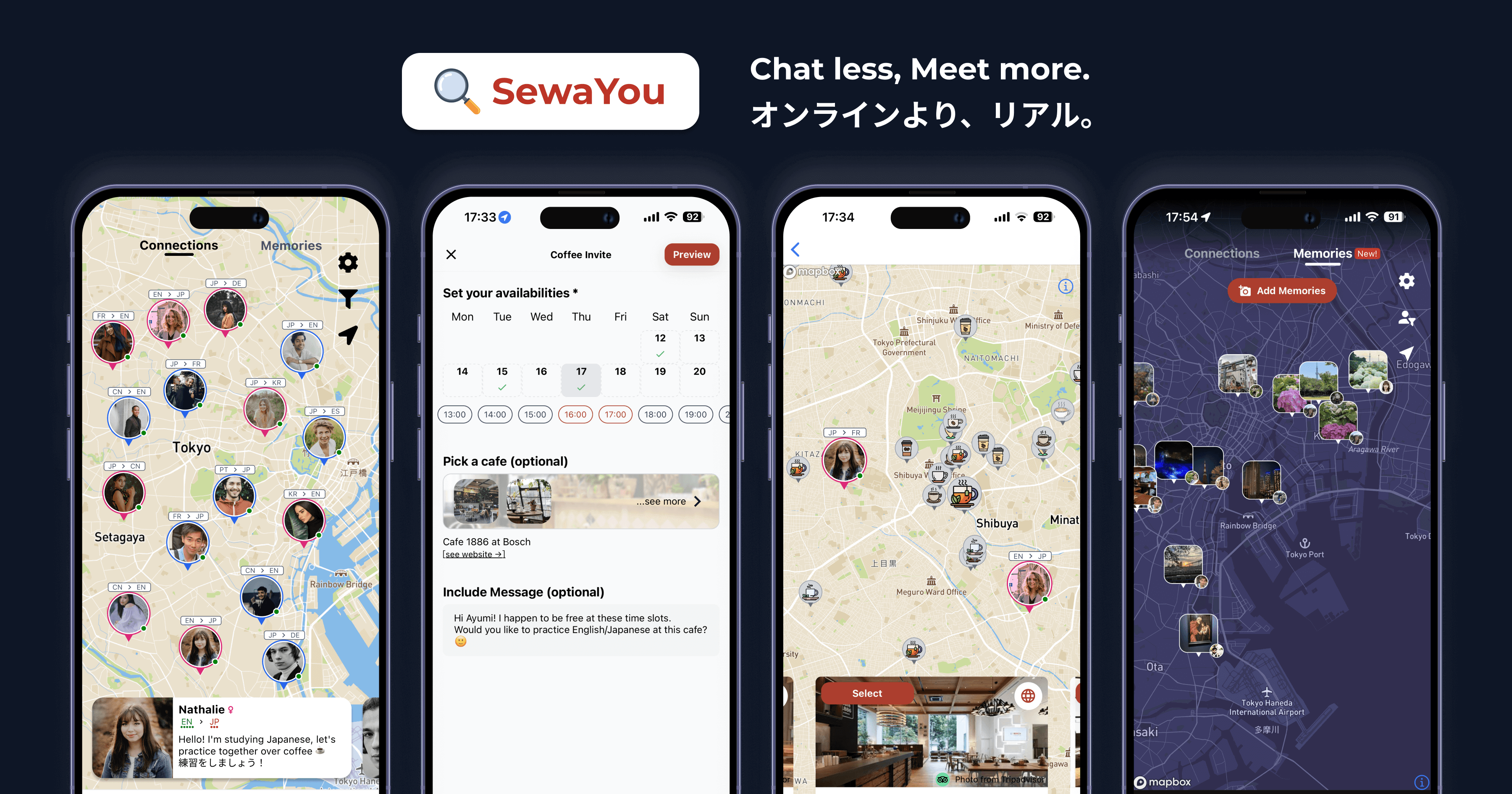
When learning a foreign language, the best way to track our progress and prove our fluency level is to get a language certification. For Japanese learners, the most famous JPLT is the way to do that.
I myself got my JLPT N1 in around 2 years, (one year studying in France and one year directly in Japan). In this post, let's discuss the benefits of having it, and what you can do with a JLPT N1.
A quick personal anecdote here. Back when I was doing my job hunting right before graduating (就活), I interviewed for an American headquartered Financial Service company (the leader in the field) for a Data Analyst/Engineer position in Tokyo.
At that time, I freshly got my JLPT N1 for a few months and went through both technical and business interviews, both in Japanese and in English. I truly believed that I did pretty well for all the interviews (5 rounds...), and was confident explaining technical concepts in Japanese.
Then when I thought that I got an offer, I was called for the last round, with the same interviewers in the previous round. That was kind of weird I thought, and it was a pure Japanese fluency assessment. I was asked to read some complex financial news along with the analysis while giving my own opinion. The technical analysis part coupled with doing it in Japanese was not something I was used to.

So you can guess, I received the next day a rejection email, saying that my Japanese was not good enough for the (mainly technical...) position. 6 rounds, that really hurt 🥲 Looking back, maybe the position was already filled in from another candidate or internally, or I was just not good enough, anyway I moved on and got another job offer.
In that other job, I was treated as a normal Japanese new grad, meaning that I have to go through the Japanese normal SPI assessments tests, like maths tests, reading, and some logic tests, all of course in Japanese.
Then after joining, I asked HR why they decided to interview me even though I applied for a senior position. They said that my technical background coupling with the JLPT N1 caught their eyes.
Bottom line: JLPT N1 can sometimes check the box for the language requirement but is not enough some other time 🤷♂️ I agree that my first example was a little bit extreme, maybe the day-to-day job requirement really demands a high level of fluency in Japanese.
Even starting with the JLPT N2, you can actually handle most papers work without asking a Japanese friend for help. That ranges from getting a lease for your house, updating your Visa status at the immigration office, filling your tax forms, translating your driving license, and so on.

You can always ask clarification questions if something is not clear. The most difficult part is being able to read those administrative documents quickly and understand the meaning of the clauses, but also when the immigration office staff person explains something to you.
By going there on your own without a translator, they kind of expect that you're fluent enough to understand 100% whatever they explain/ask you to do, they sometimes really show no mercy and speak at full speed.
But with a JLPT N1, since you're supposed to get prepared for the exam to quickly skim long documents, you still struggle with some specific terms related to taxes or lease contract and all, but overall you can get by. I guess sometimes even in your native language, you still struggle with some of those specific terms 🤔
Here's the truth: the JLPT is NOT a writing test. There is no essay, nothing that assesses your ability to write Japanese! In a (non-technical?) job where using good Japanese is part of the job requirement, having the JLPT N1 is clearly not enough and is just the beginning of the journey.
You have to be able to write business Japanese, can read between lines when dealing with Japanese customers that are not always straightforward. Sometimes you'll be asked to produce a well-written document, where the format matters as much as the content. You then need to know how to write those documents with a specific and defined structure, be it a PowerPoint slide (Japanese PPT slides are so packed with texts...🥲) or a summary report, or a technical specification document.

Here's the tricky part: juggling between concise and succinct replies in Japanese and long-form email. This applies to any kind of work or environment in any country, but especially in Japan, when the tone is very different depending on who you're addressing your message.
There will also be some business-specific jargon that you will quickly learn on the fly.
This is a personal experience 😄 I'm currently attending a driving license school from scratch (I wish I have done it back when I was in France....). There are a few schools for foreigners, but those are usually more expensive.
In Japan, the writing part lessons are taught by a real teacher in a classroom and there are 26 hours of those lessons. The content of the classes itself is not really complicated for a JLPT N1, but the speed of the lessons, whether you can clearly hear the teacher's explanation when you seat in the last row, having the teacher talking behind a vinyl wall behind a mask (#Covid 😷)... The whole thing makes it sometimes difficult to follow and understand the content without going through it by yourself afterward.

Then you have 30 hours of driving lessons, where you need to know every single traffic/car/bikes related vocabulary words on the spot when performing the instructor's instructions.
I'm still on my way to get my driving license (already 7 months in...), but if I get it, I think that would be one of my biggest achievement in Japan as a foreigner 😛
To conclude this post, remember that there are 4 skills when mastering a foreign language:
The JLPT only prepares you for the first two skills. You need to get the work done on your own for the writing and speaking part.
As for the writing part, if you work in Japan, I believe that by just trying to imitate and learn from your Japanese colleagues' writing style, it will drastically improve your writing skill. Also, when taking work-related notes, it sometimes helps to directly write those notes in Japanese, you won't waste time doing the additional cognitive work trying to translate it first in your native language, and it helps for the practice.
Remember, fluency in a foreign language is not just being able to output something in that language. Accuracy, correctness, and especially SPEED also matter a lot.
Regarding the speaking part, your job's meetings will train you to speak business/formal Japanese. But if you really want to master the other levels/facades of the language (informal, slang, JK-like way of talking 👧...) it would be great to practice that with a native speaker, with whom you can have deep conversations.
And that's why (actually I was waiting to write this last paragraph the entire time 😂 #fullDisclosurePromotion) we recommend using our app SewaYou, where you can easily and quickly find a native Japanese speaker in your area.

Send them a quick message, ask to meet up, grab a coffee somewhere safe and not so crowded coffee shop, and deep dive into the Japanese fascinating culture/language! There are more Japanese people willing to learn and master English/French/German/(Insert Your Native Language Here) at a high level than you might have thought! 💬
Your journey just starts after getting the JLPT N1 🤓
I also made a YouTube video on how I got my JLPT N1 in 2 years (with both English/Japanese subtitles), check it out 😃


